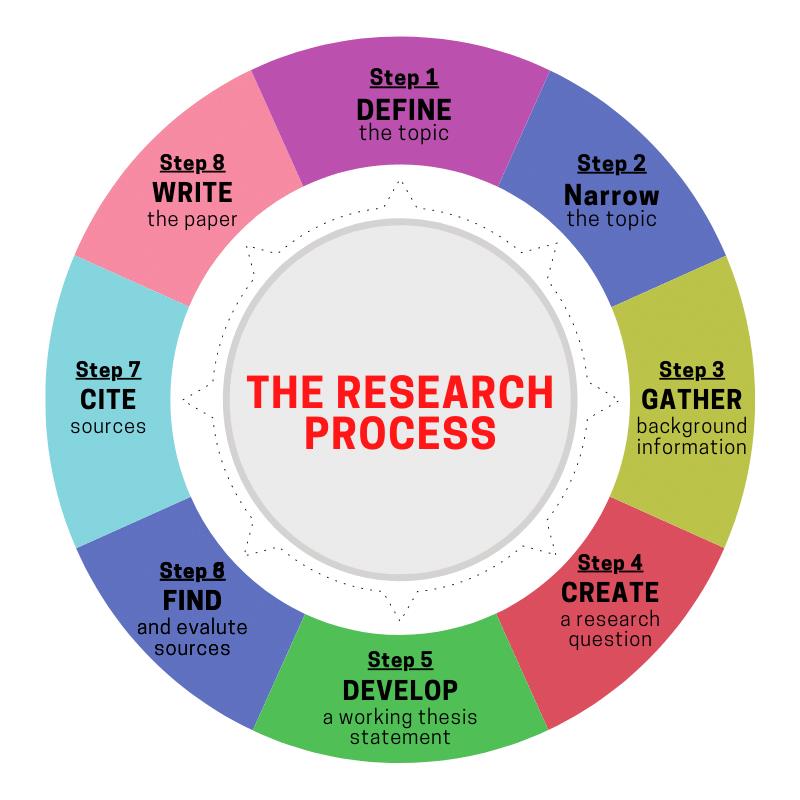Discovering and Developing a Perfect Topic for Your PhD|2025
/in General Articles /by BesttutorLearn the essential steps for discovering and developing a perfect topic for your PhD, ensuring relevance, originality, and alignment with your academic goals.
The process of discovering and developing a perfect topic for your PhD is one of the most crucial steps in your academic journey. It serves as the foundation of your entire dissertation, influencing the direction of your research, the methodologies you will adopt, and the impact your work may have within the field. In this paper, we will explore the steps and strategies to help you discover and develop the ideal PhD research topic, provide examples of research topics across various fields, and discuss tools such as Google Scholar that can aid in the process. We will also address some common challenges, such as struggling to find a PhD topic, and offer practical advice on how to navigate this challenge.
Table of Contents
ToggleUnderstanding the Importance of Choosing the Right PhD Topic
The topic you choose for your PhD is critical for several reasons:
- Scope and Depth: A well-chosen topic ensures that your research is both broad enough to contribute to the academic community but narrow enough to allow you to dive deep into specific issues.
- Career Impact: The research you do during your PhD often sets the stage for your future career. Choosing a relevant and timely topic can establish you as an expert in your field.
- Motivation: You will spend several years working on your PhD, and if you are not passionate or genuinely interested in the topic, it can become difficult to stay motivated throughout the process.
Therefore, selecting a PhD topic is not just about finding something interesting, but about finding a topic that excites you, aligns with your academic strengths, and addresses gaps in the existing literature.
Step 1: Identifying Your Area of Interest
Before diving into specifics, it is essential to start by identifying the broad field in which you wish to conduct your research. Your academic background, career aspirations, and interests should guide this decision. For instance, if you are considering a PhD in computer science, think about the subfields that intrigue you, such as artificial intelligence, machine learning, or cybersecurity. Similarly, if you are pursuing a PhD in management, consider what aspects of management—such as organizational behavior, human resources, or entrepreneurship—are most compelling to you.
Example of PhD Research Topics
- PhD in Computer Science: Machine Learning Algorithms for Predictive Analytics, Blockchain in Cybersecurity, or Natural Language Processing in Healthcare.
- PhD in Management: Organizational Culture and Employee Performance, Leadership Styles in Startups, or the Role of Innovation in Sustainable Business Practices.
Step 2: Conducting a Literature Review
Once you have identified your broad field, the next crucial step is to conduct a thorough literature review. This involves searching for academic papers, journal articles, and books related to your field of interest. Tools such as Google Scholar are excellent for this task, allowing you to access thousands of scholarly articles, theses, and other academic resources. As you review the literature, take note of recurring themes, unresolved issues, or areas where further research is needed.
A good literature review will help you:
- Identify Gaps: Recognize the gaps in the current literature, where more research is required.
- Understand Current Trends: Stay up-to-date with the latest developments in your field and identify trending PhD topics.
- Build on Existing Research: Ensure that your research does not duplicate existing work, but instead offers a unique contribution to the field.
Trending PhD Topics Example
- PhD in Management: Digital Transformation and the Future of Work, Corporate Social Responsibility in Emerging Markets, or Data Analytics in Strategic Decision-Making.
- PhD in Computer Science: Quantum Computing and Cryptography, AI Ethics, or Autonomous Vehicles and Traffic Systems.
Step 3: Narrowing Down Your Focus
After reviewing the literature, you should be able to narrow down your focus to a specific area that offers the potential for meaningful research. While it is important to choose a topic that is aligned with your interests, it is equally important to ensure that it is feasible within the time and resources available for a PhD. For example, some topics may be too broad or too narrow, which can create challenges in conducting a thorough investigation.
How to Choose a Research Topic for PhD in Computer Science
In computer science, topics are often highly specialized and involve the integration of multiple technologies. A strong focus on emerging technologies such as machine learning, quantum computing, and blockchain can be a good strategy. For example, you might choose to explore how machine learning can optimize business processes, or the ethical considerations involved in the development of autonomous systems.
Similarly, some of the most pressing issues in computer science include cybersecurity threats, data privacy, and AI governance. These are trending PhD topics that not only hold academic value but also have significant real-world applications.
How to Choose Topic for PhD Research in Management
In management, it is critical to choose a topic that addresses a current issue or challenge facing organizations. Management topics tend to be more applied in nature and are often concerned with real-world problems, such as improving organizational effectiveness, leadership practices, and innovation strategies. Some examples of PhD research topics in management might include the role of artificial intelligence in business strategy or the impact of organizational culture on employee well-being.
Step 4: Refining Your Topic
Once you have a narrow focus, the next step is to refine your topic further. At this stage, consider the following:
- Research Questions: What specific questions do you want to answer in your research? These should be clear and focused.
- Methodology: Consider what research methods will be most appropriate for your topic. For example, will you be using qualitative methods (interviews, case studies) or quantitative methods (surveys, data analysis)?
- Feasibility: Is your topic feasible within the time frame and with the available resources? A PhD typically takes 3-7 years, so choose a topic that can sustain your interest and provide enough material for the research.
Step 5: Evaluating the Relevance and Impact of Your Topic
Before finalizing your PhD research topic, assess its relevance to the field. Ask yourself the following questions:
- Is it relevant? Will the topic contribute to the field of study in a meaningful way?
- Is it innovative? Does it explore new ideas or technologies, or does it build on existing research in an original manner?
- What is its impact? Consider the potential impact of your research. Will it benefit practitioners, policymakers, or other researchers in your field?
Struggling to Find a PhD Topic
It is common to struggle when trying to find a PhD topic. Many students feel overwhelmed by the sheer number of possibilities or are unsure if their ideas are worth pursuing. If you are struggling to find a PhD topic, try the following strategies:
- Consult with Professors: Talk to your professors or potential advisors. They can guide you toward important research questions and suggest areas of study that are underexplored.
- Join Academic Communities: Engage with academic communities or forums related to your field. Sometimes discussing ideas with peers or colleagues can spark new ideas or perspectives.
- Attend Conferences: Attending conferences in your field can expose you to the latest research trends and inspire new ideas.
- Look at Research Funding: Explore research funding opportunities in your field. Funded research areas often highlight important problems that are in need of further exploration.
Example of Dissertation Topics for Undergraduates
For undergraduate students, selecting a dissertation topic is often a process of narrowing down their interests into a manageable and focused study. Some examples of undergraduate dissertation topics include:
- Business: The Role of Corporate Social Responsibility in Consumer Behavior
- Computer Science: The Application of Blockchain in Supply Chain Management
- Sociology: The Impact of Social Media on Adolescent Mental Health
These topics are less complex than PhD research topics but still offer valuable opportunities for original investigation.
Conclusion
Choosing and developing a perfect topic for your PhD is an essential step that requires careful consideration of your interests, the gaps in existing research, and the potential impact of your work. By conducting a thorough literature review, narrowing down your focus, refining your research questions, and evaluating the relevance of your topic, you can ensure that your PhD research will be meaningful and contribute to the advancement of knowledge in your field.
Tools such as Google Scholar and academic conferences can be immensely helpful during this process, as they provide access to cutting-edge research and allow you to stay updated on current trends. Remember, the topic you choose will shape your PhD experience, so it is important to select a subject that you are passionate about and that will challenge you intellectually.
Whether you are looking for PhD research topics examples, or struggling to find a PhD topic, follow the steps outlined in this paper, and you will be well on your way to discovering and developing a perfect topic for your PhD.
Needs help with similar assignment?
We are available 24x7 to deliver the best services and assignment ready within 3-4 hours? Order a custom-written, plagiarism-free paper




